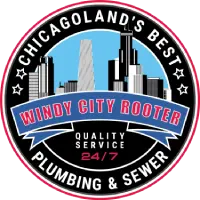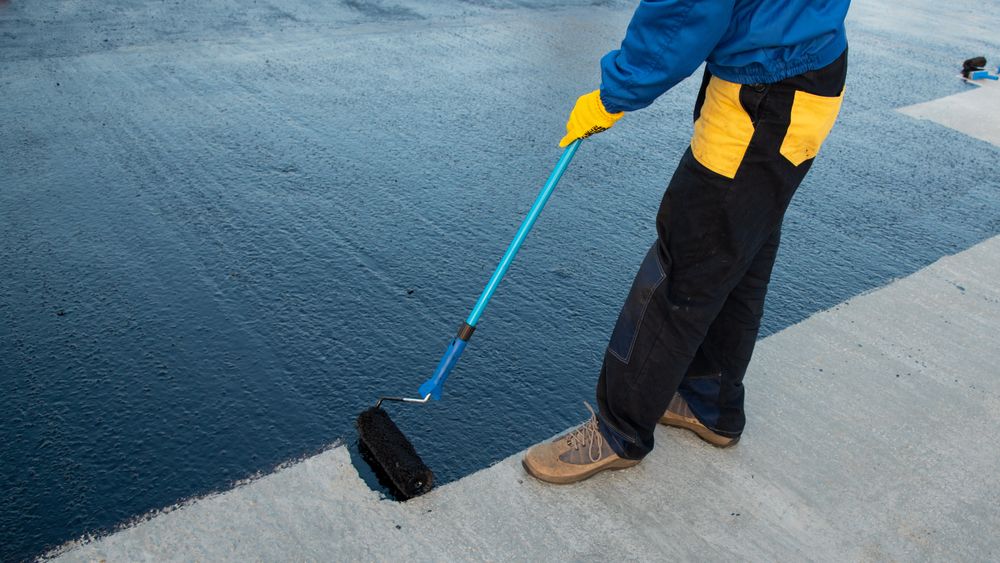If you plan to move to a suburb or a city near Lake Michigan, like Milwaukee or Chicago, you should invest in waterproofing your home. This area is prone to floods, which can cost homeowners thousands of dollars to repair the damages. Besides structural damage, water damage in the home can cause the spread of disease through wastewater bacteria and mold spores.
Learn why waterproofing is so important and what preventative solutions are out there.
Why is Waterproofing So Important in This Region?
In Illinois, floods are the most damaging weather hazard in the state. This area also has an above-average number of thunderstorms compared to other areas in the U.S. A couple of reasons exist for increased precipitation and floods.
First, cities like Chicago — and neighboring cities — foster the heat island effect. Urban heat islands are areas that have significantly warmer temperatures due to human activity. This increase in temperature creates unstable air quality that rises quickly. As warm air rises, it then cools and forms rain-producing clouds that cause heavy downpours.
Cities near Lake Michigan are also prone to lake-effect precipitation. This phenomenon happens when cold air circulates across large lakes and picks up warmer air near the surface of the water. Again, as this moisture rises and then cools, it can create downwind rain or snow.
As you can see, this region can cause a lot of precipitation. The terrain is also incredibly flat, which can contribute to surface runoff, where rain arrives more quickly than the soil can absorb. If a lot of clay or dense sediment is in your area, it can be harder to eliminate surface runoff.
As you can see, all of these meteorology and geographical features make it imperative for homeowners to invest in solid waterproofing installations.
What Plumbing Installations Can Help?
Thankfully, you don’t have to be deterred from moving to this area. Numerous solutions are at your disposal. Consider the following options.
Flood Check Valves
A flood check valve, or backwater valve, is one of the best tools to prevent flooding. This device attaches to your public sewer and main drain line. It has a hinged flap that only moves in one direction. This flap closes when a water backup is outside, such as if excess surface runoff happens.
While flood check valves work well, some owners opt for a more advanced type of system. This system is a Dual Check Valve System and is used in a manhole in the front yard containing two cast iron check valves and an 18” x 30” pump pit with a 2” sewage ejection pump. The pump gives the home or business the advantage of being able to use water during a municipal back-up. The check valves close and the water coming from the building dumps into the pump pit and the pump force feeds into the municipal sewer beyond the second check valve controlling water flow and preventing untimely back-ups. Whatever option you decide on, have a plumber install it so that it works correctly.
Window Well Covers
Some homeowners may not think that window well covers do a lot, but they can prevent water damage from buildups of snow and water. Instead of just getting a well grate, consider installing a custom-fit thermoplastic. Grates may prevent people from falling into the window well, but they won’t stop wet debris from getting in.
Sump Pumps
Sump pumps are extremely helpful in flat regions and if the water table is above the foundation of your home. Even if your home is elevated with proper grading, don’t underestimate surface runoff.
Sump pumps are usually in basements or crawl spaces. Excess water can flow into the sump basin, and then the pump will suck up the water and push it away from your house. If you have a basement or a crawlspace, the area can be prone to flooding, so have a plumber install a sump pump.
Again, like flood check valves, have a professional install and maintain your sump pump. If you try to make repairs yourself, you could damage mechanical devices and leave the basement open to water damage.
Drain Tiles
Drain tiles aren’t actually tiles; they are porous, flexible pipes that you can install around your home’s foundation. The idea is that if it rains a lot, the drain tile will collect the water before it runs into a basement or crawl space. The drain tile will then divert extra water to your sump pump, or it can push water directly downhill from your home’s foundation.
Depending on the place where you live, the city’s building codes may require drain tiles — especially if masonry and concrete foundations are below the water table. Should your foundation develop any cracks in the future, the drain tile will keep water from damaging and expanding these imperfections.
Interior drain tiles can be installed, but if your home is already built, then flooring and furnishings may need to be removed while a construction crew works. A drain tile installation is a lot of work, so consult with professionals.
You have a lot of ways to protect your home from damage. Contact us at Windy City Rooter for more information on waterproofing solutions. We offer free estimates for your waterproofing needs!
If you have plumbing problems, call the experts at Windy City Rooter to schedule your service!



